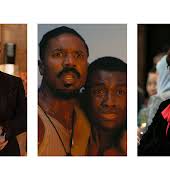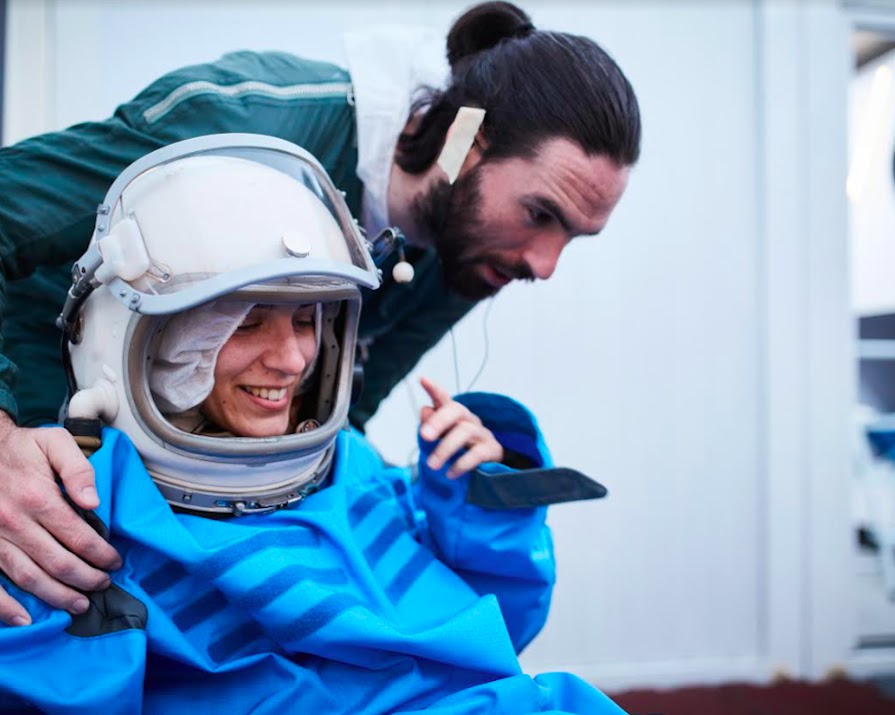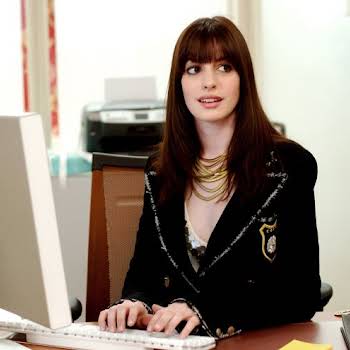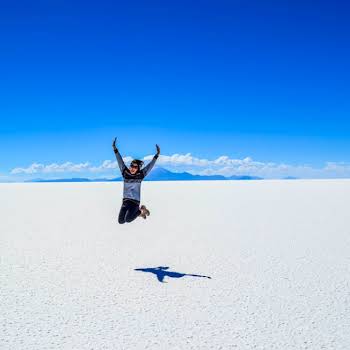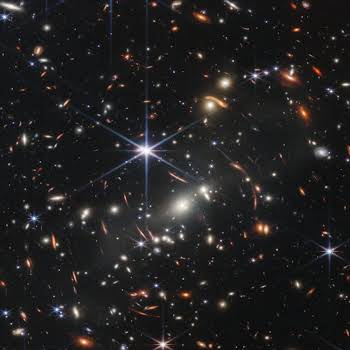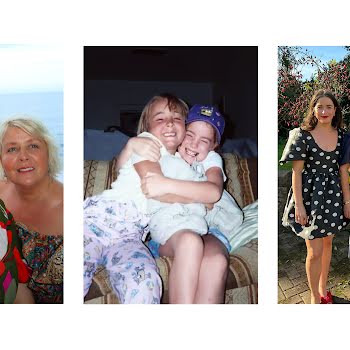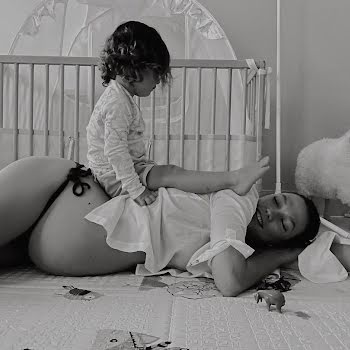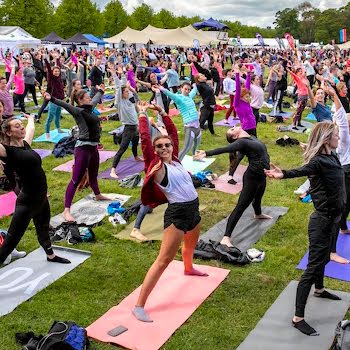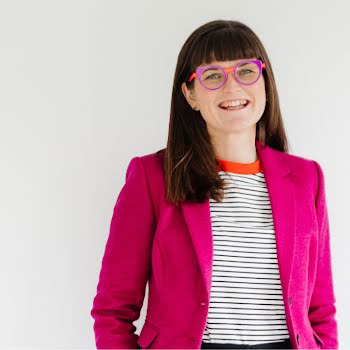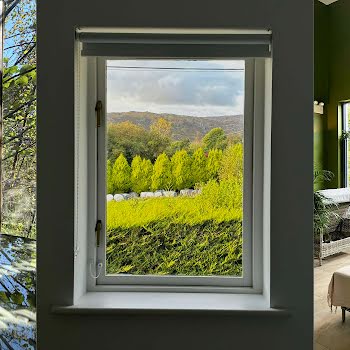
By Amanda Cassidy
08th Aug 2021
08th Aug 2021
Dubliner Cillian Murphy is an Irish astrophysicist working towards becoming an astronaut with the European Space Agency
“I’ve always had a curious mind.
I’ve loved science, discovery, and exploration since I can remember. My mom loves to tell a story that when I was only four or five years old, I was told I could pick any book I wanted and I came back from the bookshop with an encyclopedia of space.
Later when I was in school in Mexico, my parents gifted me a telescope/microscope set for kids. I was so excited that I stayed up late one night with my lamp on at my bedroom desk looking at a fly wing under the microscope and writing a report about what I saw. I gave it to my science teacher at school who bumped up my grade in the class.
Advertisement
“Always aim high so that even when you fall short you still end up somewhere great”
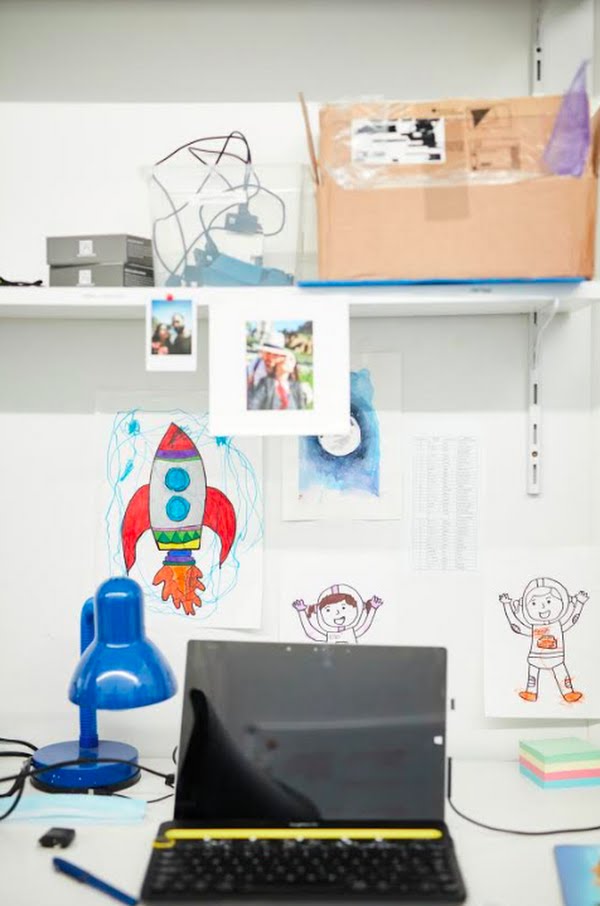
Ambition
All this encouragement of my curiosity and my exploration of subjects I took interest in, helped motivate me to do more. It was early in my first year at UCD that I took time to consider where I wanted my degree to lead me. My mom gave me the wise advice to always aim high so that even when you fall short you still end up somewhere great, with achievements you can be proud of.
“I want to do something I can look back on and confidently say that through my efforts I leave the world better off than when I entered it”
I considered the three possible specialisations offered by the school of physics: experimental, theoretical, and astronomy with space science. I knew immediately which one excited me the most. So at the age of just 19, I decided I would strive to become an astronaut and I started to learn all that I could about how to do that.
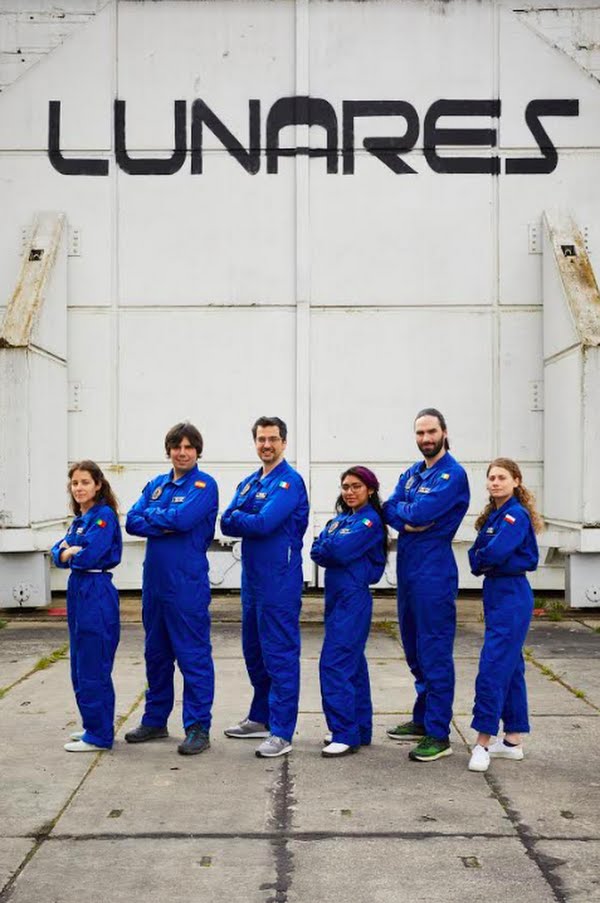
For the longest time, I have dreamt of leading a life and pursuing a career that can make a difference. I want to do something I can look back on and confidently say that through my efforts I leave the world better off than when I entered it.
Advertisement
Humanitarian
I believe in the power of space exploration to inspire and unite people. I believe in the exceptional calibre of people who are chosen to take on these roles, and I have seen the weight that their actions and their words can carry in the world.
I aspire to be like them, to set an example, to inspire, to make personal sacrifices, and dedicate my life to this humanitarian endeavour that continues to enrich and improve the lives of people across the world.
Simultaneously, I can’t deny the appeal of travelling and exploring environments where few if any humans have ever gone.
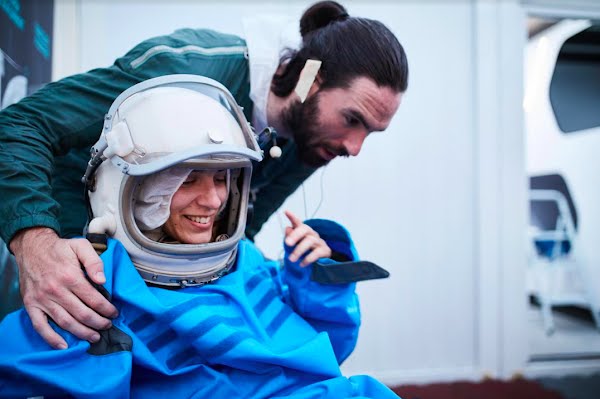
To play a role in establishing a long-term human presence in space, on the Moon, on Mars, and elsewhere would be the ultimate adventure. But there are many sacrifices to be made along such a road. Am I prepared for them? I can only say that I am well informed of the risks and the sacrifices that lie ahead and that I am prepared to take the leap.
More than any personal cost, I am concerned about the impact this career will have on my wife and our future children, but again I can take solace from the example of those who’ve gone before me and their success in having families while following this career.
Advertisement
I decided I wanted to study Physics while at secondary school. I did well in maths, physics, and other related subjects but they were in fact some of my lowest Leaving Cert grades. Why then did I choose to study physics of all things? Simply because it was what I enjoyed the most, it’s what I loved doing.
My grades were good enough both for school and to get into my first choice course. Of course, any physics course still includes a lot of advanced maths classes and throughout my degree, that is what I struggled most with. But between my passion for the subject, the friends I made, and the supportive environment we created I had everything I needed to overcome every challenge.
I’ve always been fairly fit, my parents insisted that my brothers and I do at least one sport as we grew up. I also already spoke three languages and I took the opportunity to learn another at university. I still dabble in learning many languages and learning about their cultures in doing so. Taken together with everything I was learning in my course, I found I was well on my way to becoming an astronaut candidate.
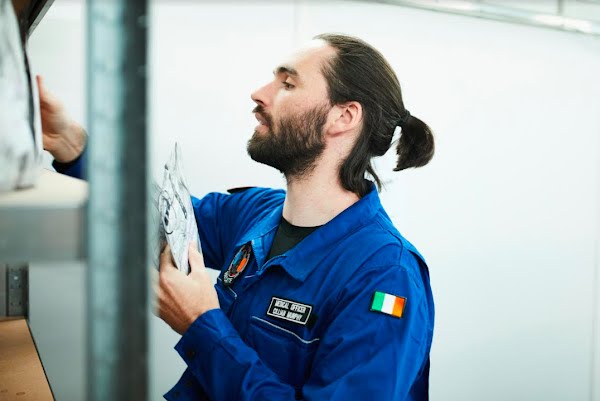
Competition
After my Master’s degree, I had a hard time getting into a PhD position. It was hard to compete for places in the extremely demanding field I wanted to go into. I kept applying and took jobs to have an income in the meantime, found ways to keep my foot in the door of the space industry, and eventually became so busy with everything that I stopped applying.
I still have not done that PhD though I still want to, but I have worked in three more countries since graduating, including two years with the European Space Agency, several years of experience working with the Austrian Space Forum on their simulated Mars missions, and even being an analog astronaut myself on a simulated mission run by the LunAres Research Station in Poland.
“I accept the premise that it is unlikely that we are the only life in the universe, but I don’t believe we’ve ever truly encountered it nor do I really expect we will”
Advertisement
Space race
Today I’m now closer than ever to reaching the ultimate goal and making this dream a reality. I am an applicant to the ESA astronaut selection which is now calling candidates to the first round of psychological assessment and is due to select four to six new career astronauts, along with approximately 20 reserve astronauts all to be decided and announced towards the end of 2022.
Words cannot express how honoured and proud I would be to be among those selected to represent and work for the benefit of humanity.
Space has always fascinated people and I can’t imagine that will change. As a scientist, I accept the premise that it is unlikely that we are the only life in the universe, but I don’t believe we’ve ever truly encountered it nor do I really expect we will.
But I am still extremely interested in the possibility of life or at least habitable environments on other worlds whether exoplanets, Mars, or even moons like Europa. The industry has also been gaining a lot of attention recently thanks to the likes of Elon Musk, Richard Branson, and Jeff Bezos.
I credit them each in their own way, as every investment into technology and hardware for space exploration helps us all to ultimately do it better, easier, cheaper, and safer in the long run. However, I do believe that the future of space will continue to be led by agencies like ESA, NASA, ROSCOMOS and the many others that are out there.
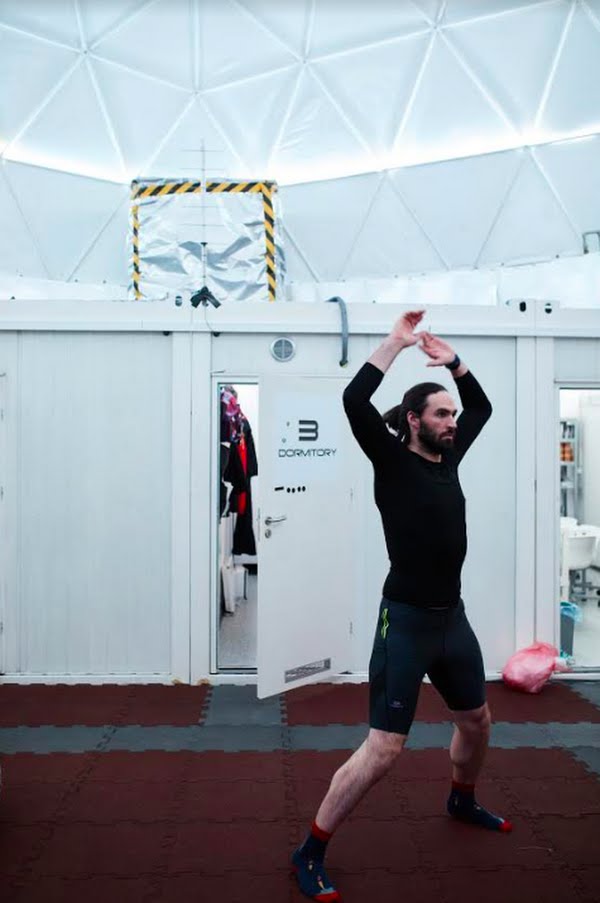
I hope to see space become an effective setting for human unity, where our primary goal can exclusively be to benefit our world, rather than exploit space for profit or warfare. Colonising Mars is a romantic idea, but I don’t expect we will see any independent colonies or outposts for anything other than exploration and research in this lifetime.
Advertisement
I think we will see a growing presence of humans in space, in bases on Mars and the moon, but also on orbital stations in space such as the Lunar Gateway station.
Obstacles
So what is Ireland’s place in space? First of all Ireland’s contributions to the space industry come in a few forms: academic research, radio observatories, technology and manpower. Most of these things don’t draw a lot of media attention as we don’t have any astronauts and we don’t launch anything to space ourselves.
The opportunities are out there though, and our membership to both ESA and the EU means we are spoiled for choice if we’re prepared to work abroad or with international partners. The biggest barrier is knowing where to look and who to talk to.
If you or someone you know is interested in exploring the space sector look into Astronomy Ireland, university science and engineering courses, clubs to learn to fly or dive underwater, summer camps like the International Astronomical Youth Camp or Summer School Alpbach or the ESO Summer Camp.
You can find research groups, observatories, and grant programs both in Ireland and in the EU. You can work with organisations like the Austrian Space Forum or do internships, traineeships and fellowships with the European Space Agency.
Passion
The most important advice I’d give to anyone is to do what excites you, pursue passion in your work, do what you love. It helps when those around you recognise the joy this brings to your life and encourage you to explore it further. Never forget to seek guidance from people who know more than you or who are already doing what you want to.
Advertisement
Ask teachers, professors and colleagues for advice, you may be surprised at the wealth of exciting things you can find and how many ways you can follow any path you set for yourself.
Lastly, when you know where your passion lies and what you want to do, never miss an opportunity when it presents itself, take risks, leap with both feet into every new situation and be prepared to learn from every experience.









